Trekking and Hiking – Know the Difference
4 August 2023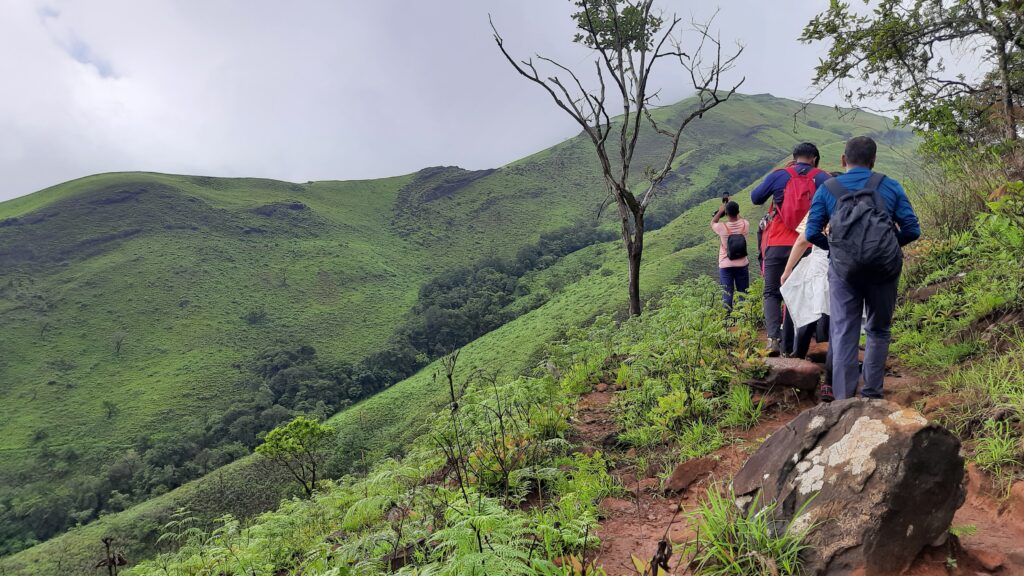
For nature enthusiasts and outdoor adventurers, the terms trekking and “hiking” are often used interchangeably, but there are distinct differences between these two exhilarating activities. In this blog, we will embark on a journey to explore the dissimilarities between trekking and hiking, delving into the unique experiences each offers. So, fasten your virtual hiking boots as we trek through the wilderness of knowledge and hike along the trails of understanding.
Trekking: The Wilderness Wanderer
Trekking is a challenging and immersive journey that takes adventurers deep into remote and often rugged terrain. Unlike hiking, treks are typically more extended, lasting several days or even weeks. Trekkers traverse diverse landscapes, including mountains, forests, glaciers, and high-altitude regions.
Key Points:
- Longer duration, lasting multiple days or weeks.
- Explores remote and challenging terrains.
- Requires physical fitness and mental endurance.
- Often involves camping and self-sufficiency.
- Connects trekkers with pristine nature and local cultures.
Hiking: The Daytime Explorer
Hiking, on the other hand, is a day trip or shorter excursion that offers a taste of nature’s beauty without the commitment of an extended journey. Hikes are generally more accessible and suitable for a broader range of fitness levels. They allow individuals to enjoy the great outdoors while returning to the comforts of home on the same day.
Key Points:
- Shorter duration, typically completed within a day.
- Explores well-marked and accessible trails.
- Requires basic fitness but not extreme endurance.
- Often concludes at the starting point or a nearby location.
- Provides a quick escape into nature without extended commitments.
Physical Demands: Trekking vs. Hiking
Trekking demands a higher level of physical fitness and endurance compared to hiking. Trekkers must be prepared to walk long distances, sometimes for several hours each day, while carrying a backpack with essential supplies. Hiking, on the other hand, is more approachable and suitable for a wider range of fitness levels, making it a popular choice for families and beginners.
Gear and Equipment
Due to the extended nature of treks, trekkers require more specialized gear and equipment than hikers. Trekking gear includes a sturdy backpack, a sleeping bag, a tent, cooking utensils, and provisions for self-sufficiency. Hikers typically need only a daypack with essentials like water, snacks, a first aid kit, and a map.
Duration and Intensity
As mentioned earlier, the duration of treks is longer, often spanning multiple days or even weeks, while hikes are shorter, typically completed within a day. The intensity of treks can also be higher, especially when tackling challenging terrains or high-altitude regions. Hikes generally offer a more relaxed and leisurely experience.

In conclusion, while trekking and hiking share a love for the great outdoors, they offer distinct and diverse experiences. Trekking immerses adventurers in remote wilderness, challenging them physically and mentally. Hiking, on the other hand, provides an accessible and shorter escape into nature’s beauty. Both activities have their unique allure, and the choice between trekking and hiking depends on individual preferences, fitness levels, and time constraints.
So, whether you choose to trek through the rugged mountains or hike along scenic trails, embrace the spirit of adventure, and let nature be your guide.
Recent Posts
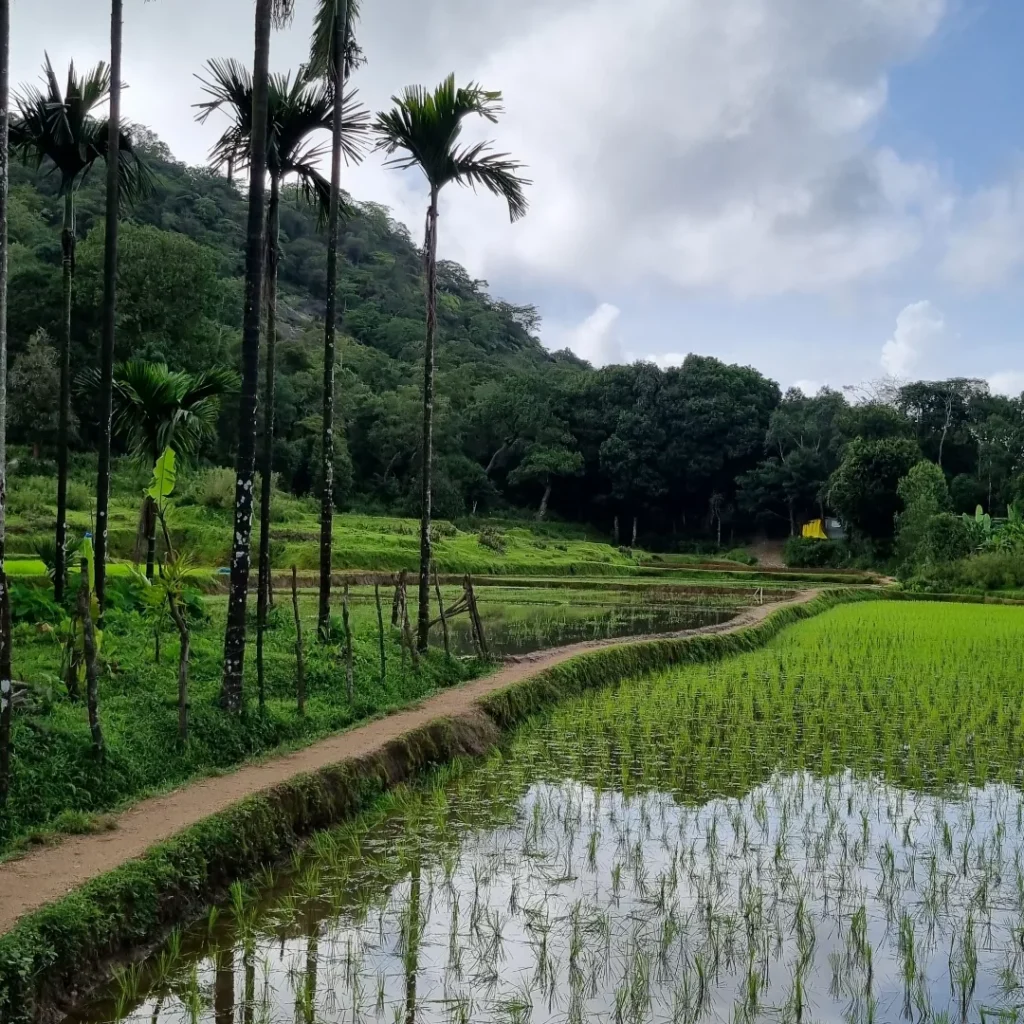
Reliving Malgudi Days: Exploring Agumbe, a Trekker’s Paradise
31 August 2023
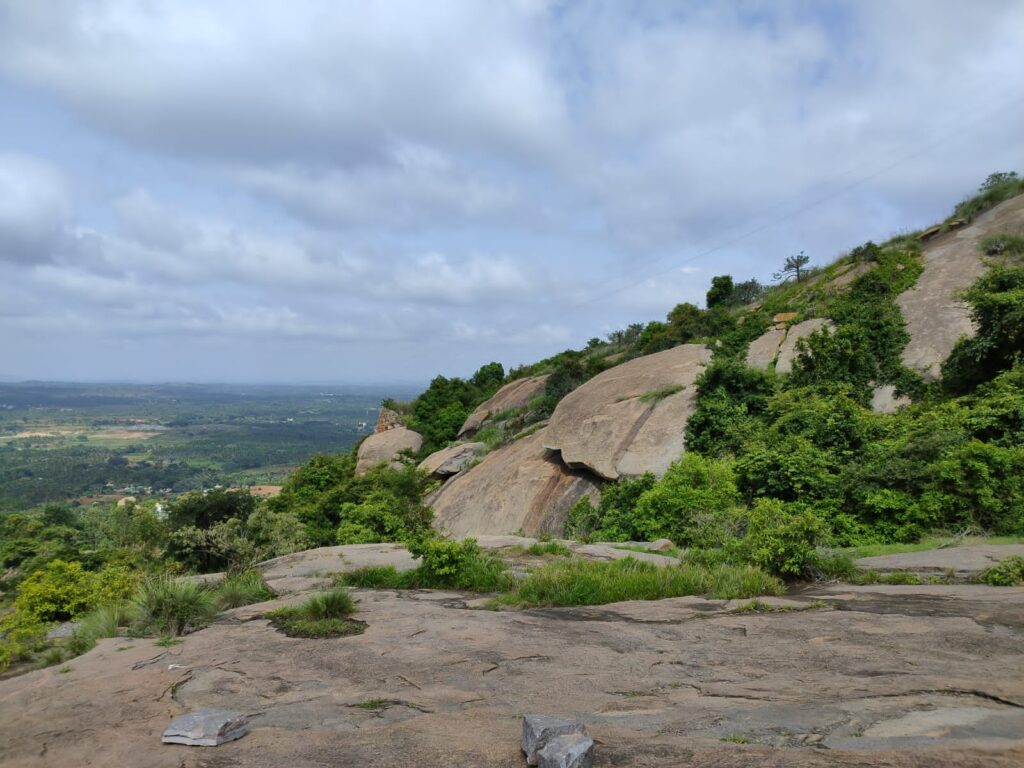
Uttari Betta Trek: Adventure Unleashed
31 August 2023
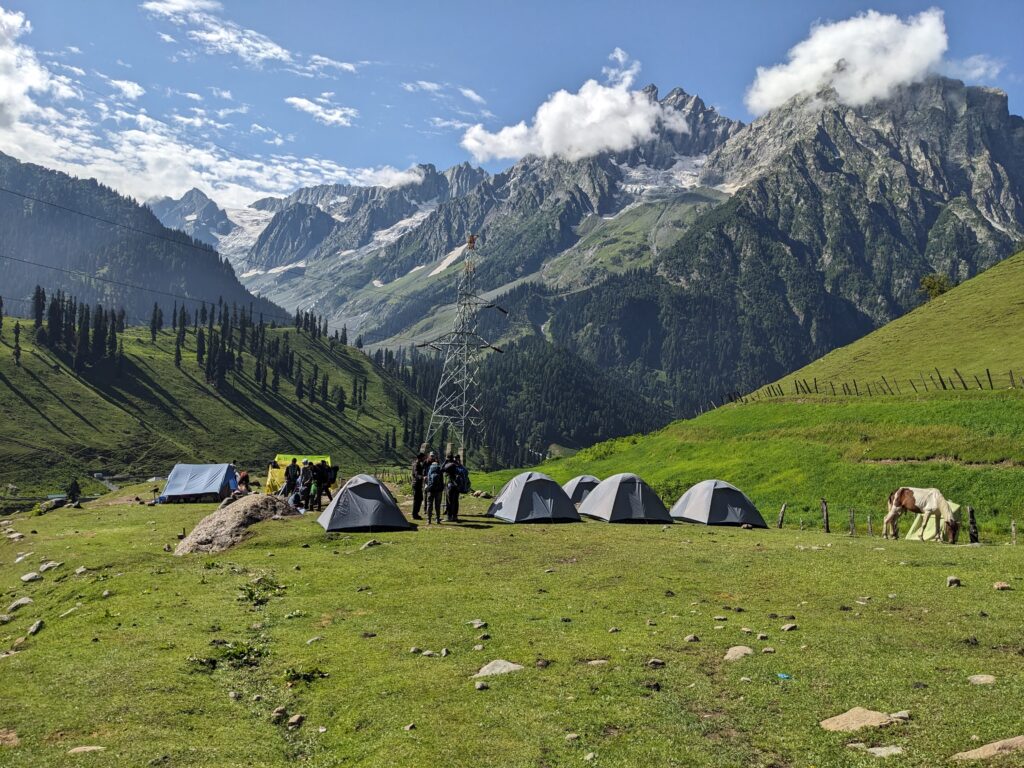
Enchanting Kashmir Great Lakes Trek
31 August 2023
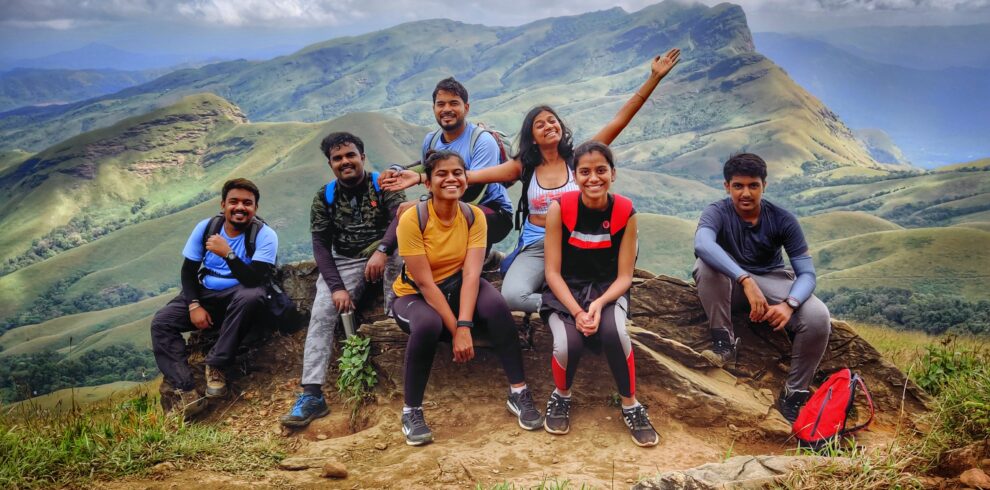
Exploring Kudremukh: Trekking Amidst Nature’s Grandeur
31 August 2023

Trekking and Hiking – Know the Difference
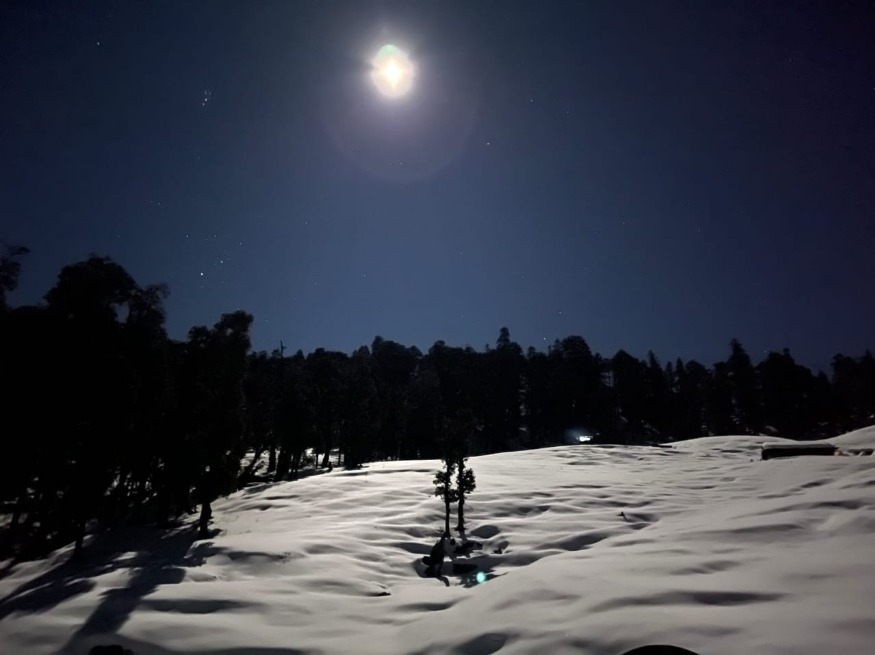
Night Trekking: Adventure under the StarsNight Trekking
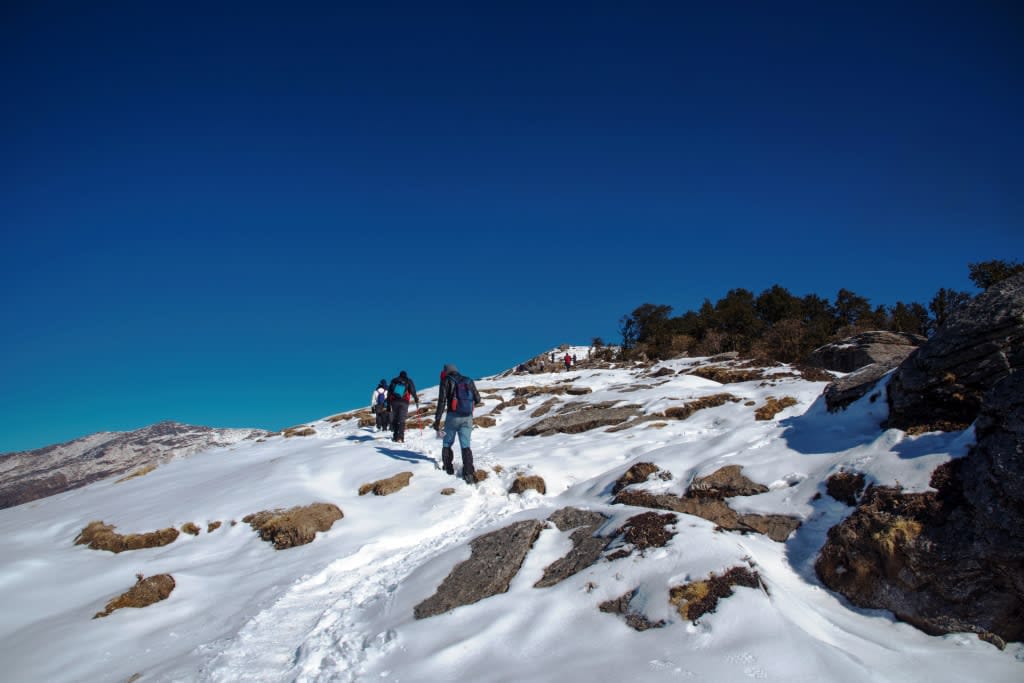
Trekking Tips for Beginners: Your First Step towards Adventure
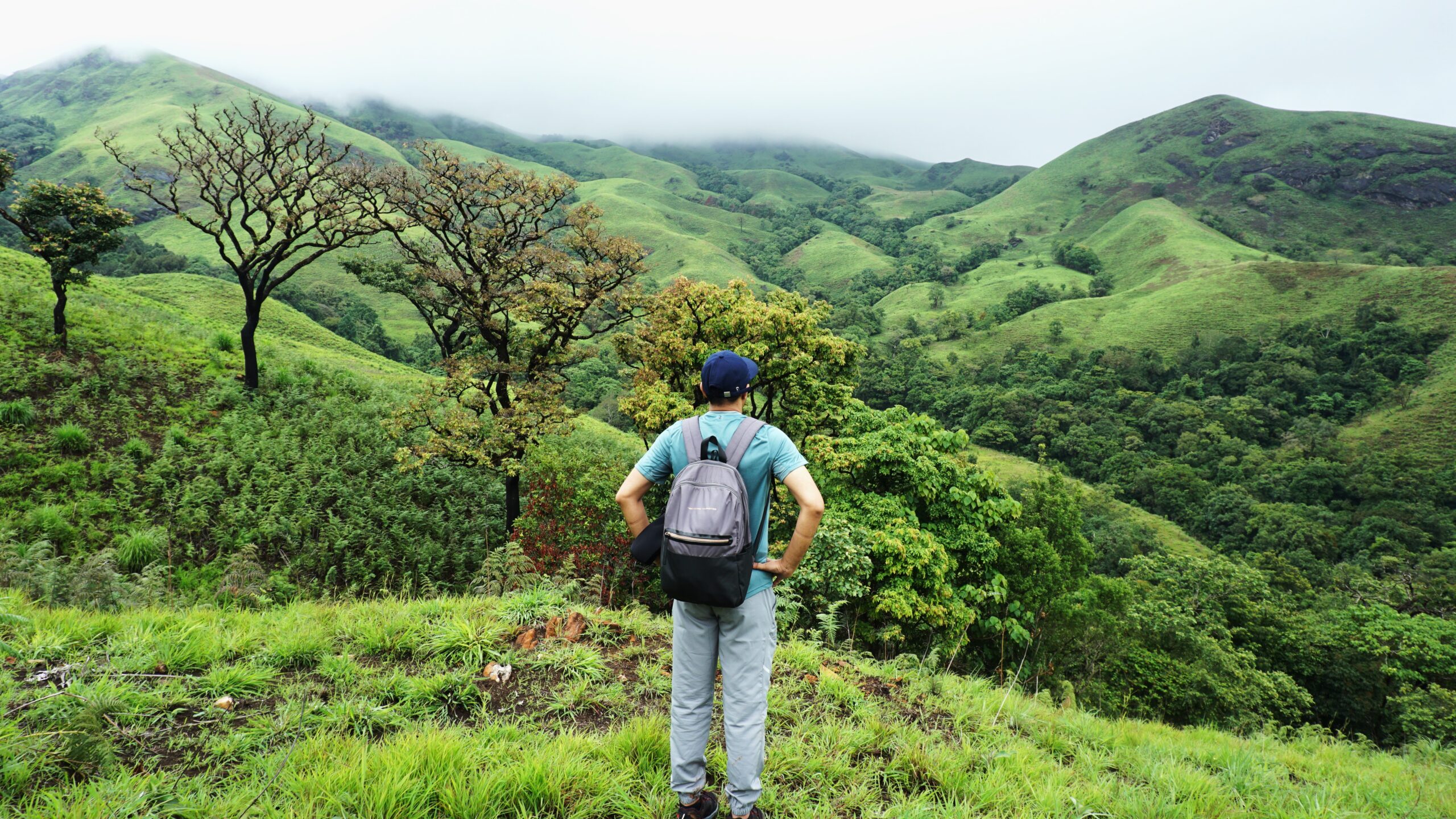
Top 5 Reasons Why Trekking is the Ultimate Stress Buster

5 Thrilling One-Day Trekking Places Near Bengaluru
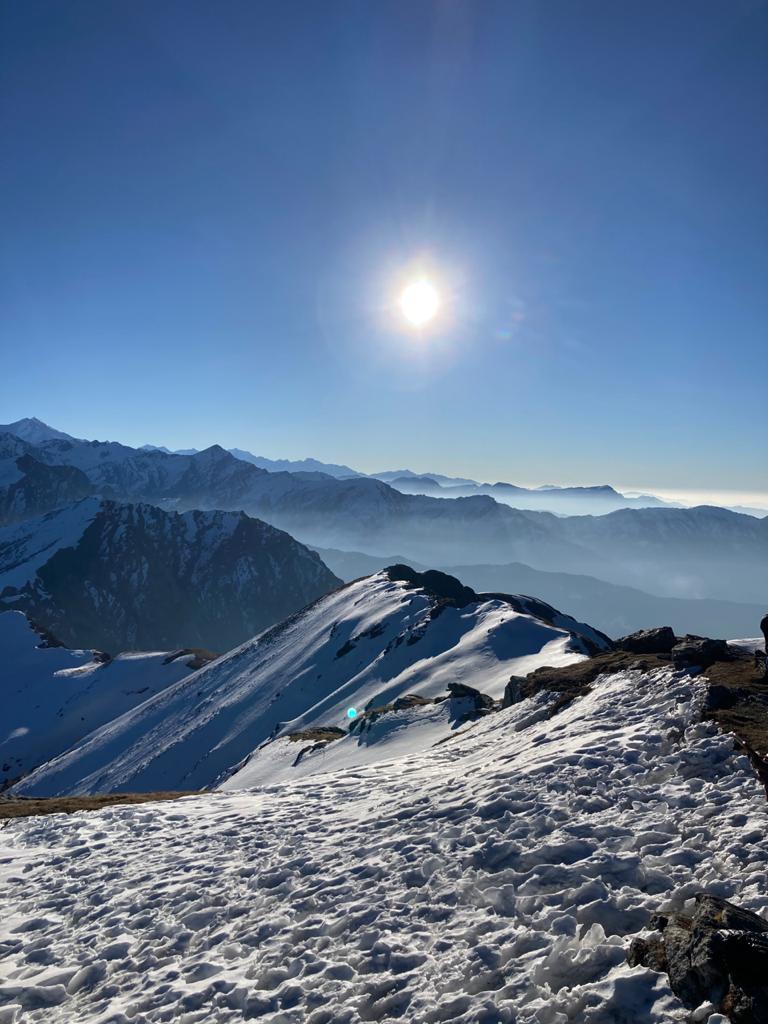
Mountain Enthusiast or Beach Lover – Where Does Your Heart Roam?

Gokarna Trek: Unveiling Pristine Beaches, Spiritual Temples, and Serene Trails
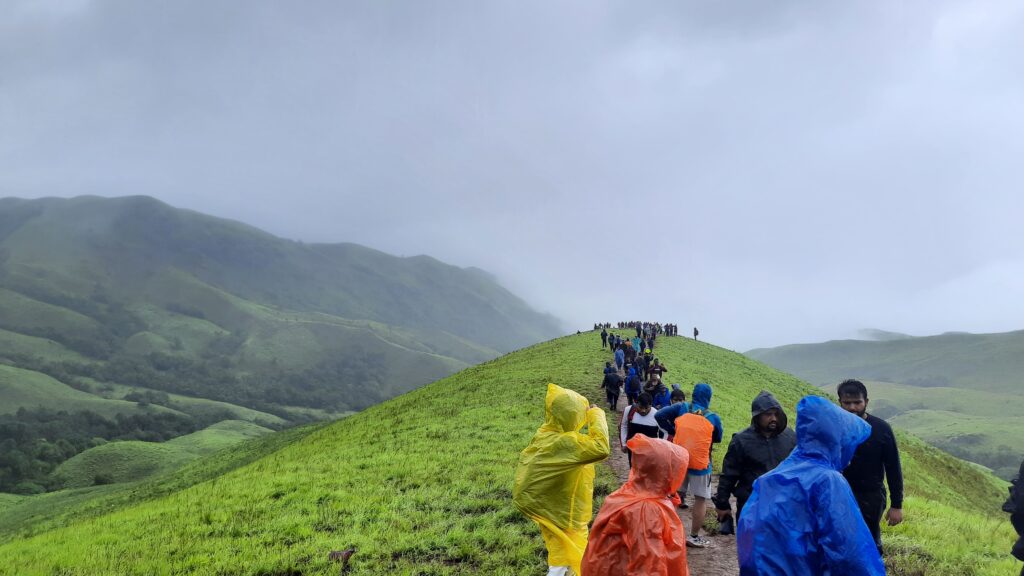
Netravati: Exploring Nature’s Abode through Travel and Trekking
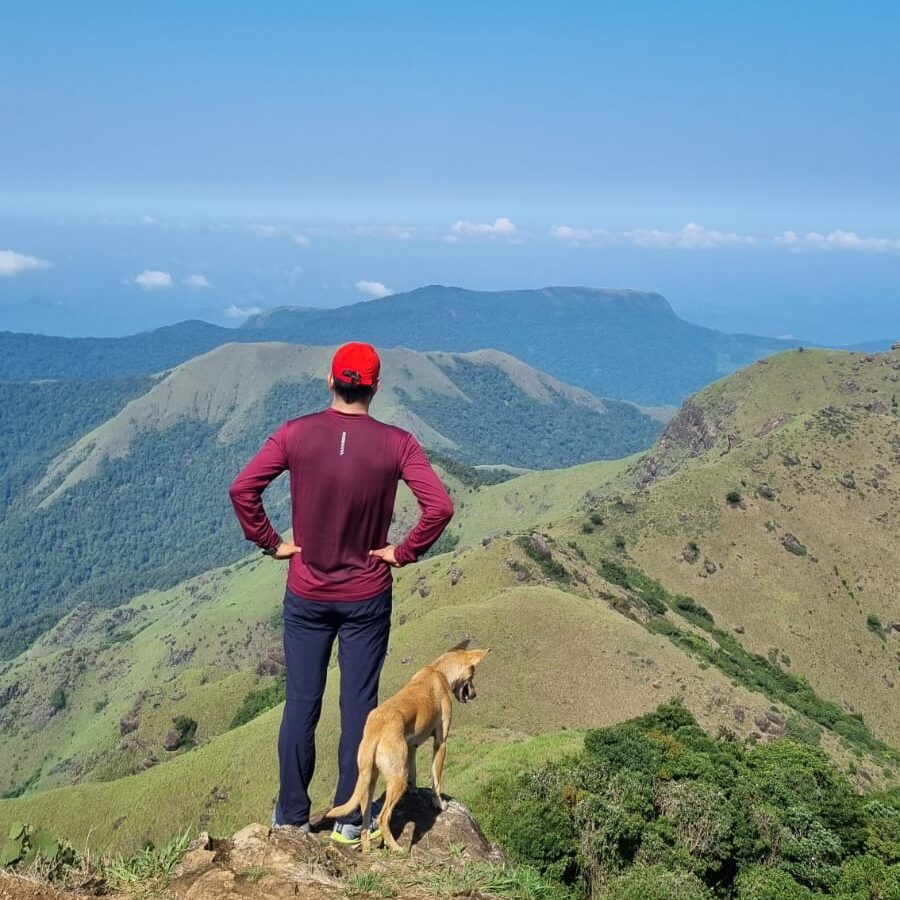
Tadiyandamol- The Pride Of Coorg
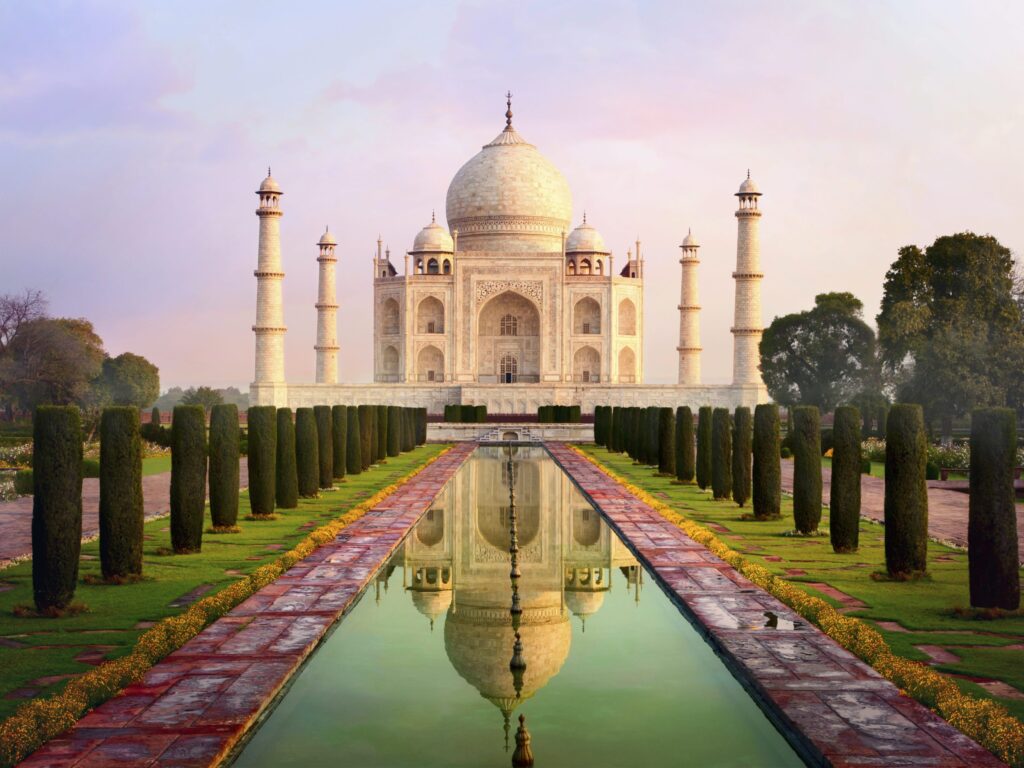
Taj Mahal -The Symbol of Eternal Love
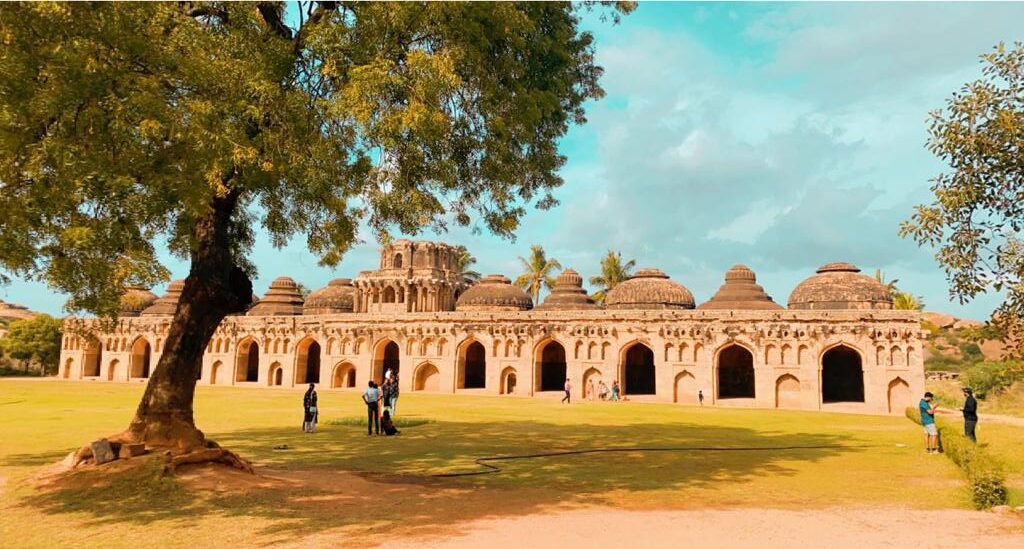
Hampi: Unraveling the Ancient Charms through Trekking and Travel
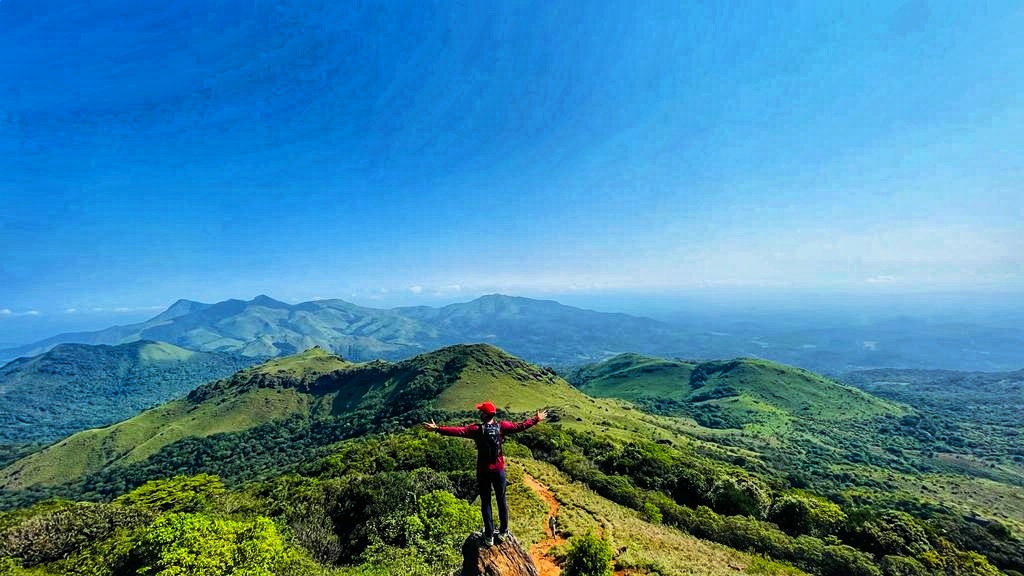
Exploring the Mystical Kabbaldurga Trek: A Journey to Enchanting Heights
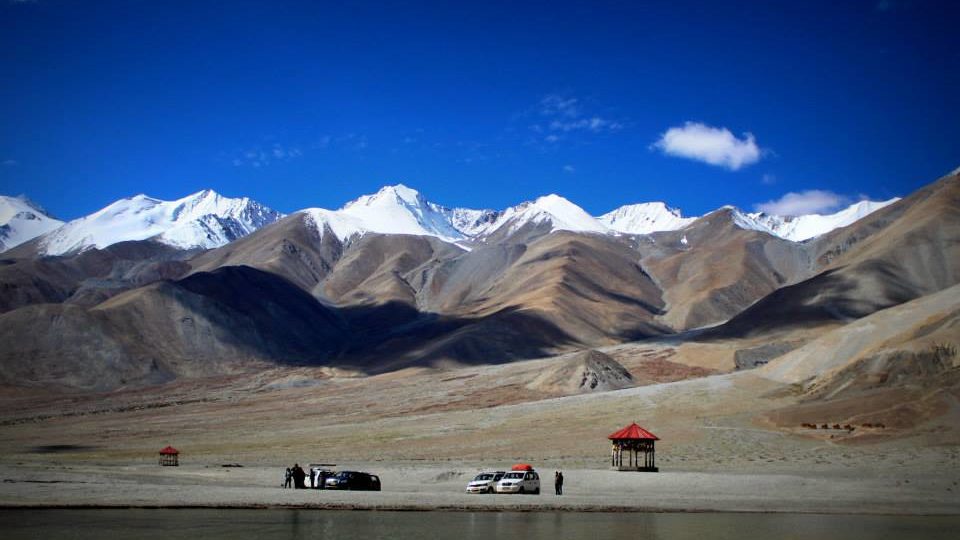
Travel Guide
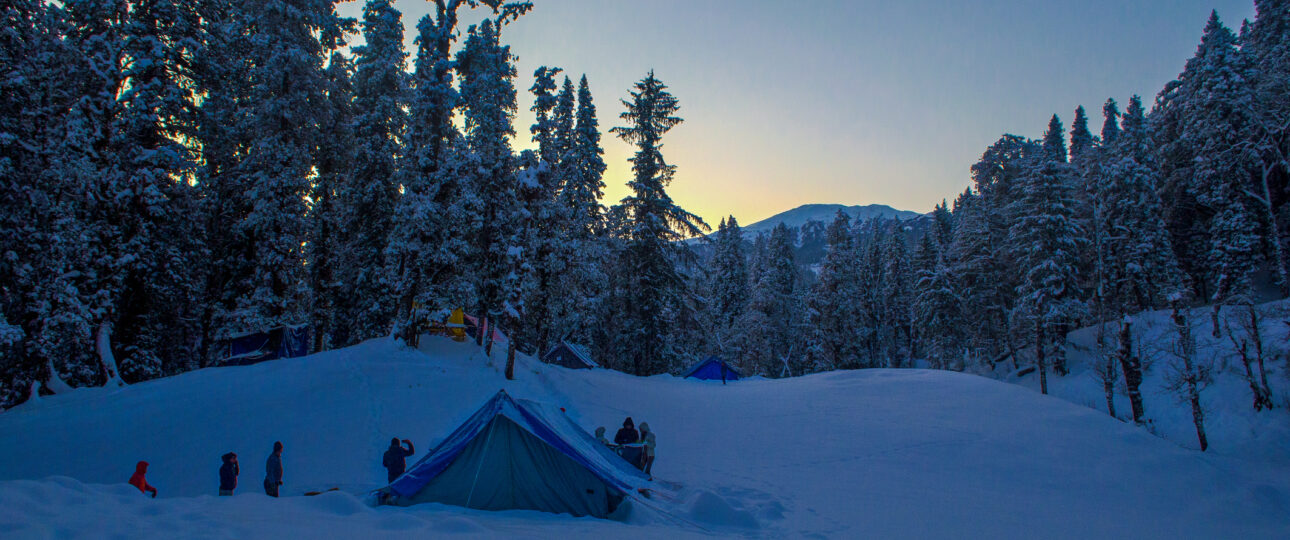
A trip to the HIMALAYAS
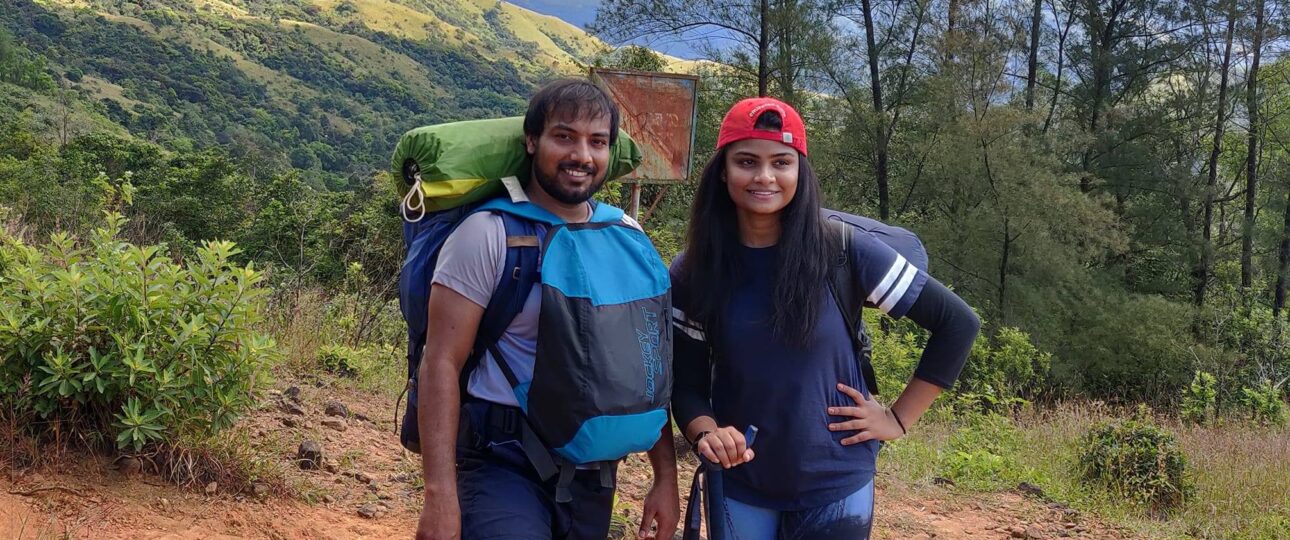
Trek Leading- Toughest Job ?

Relocation Expenses- “The city of Dreams”
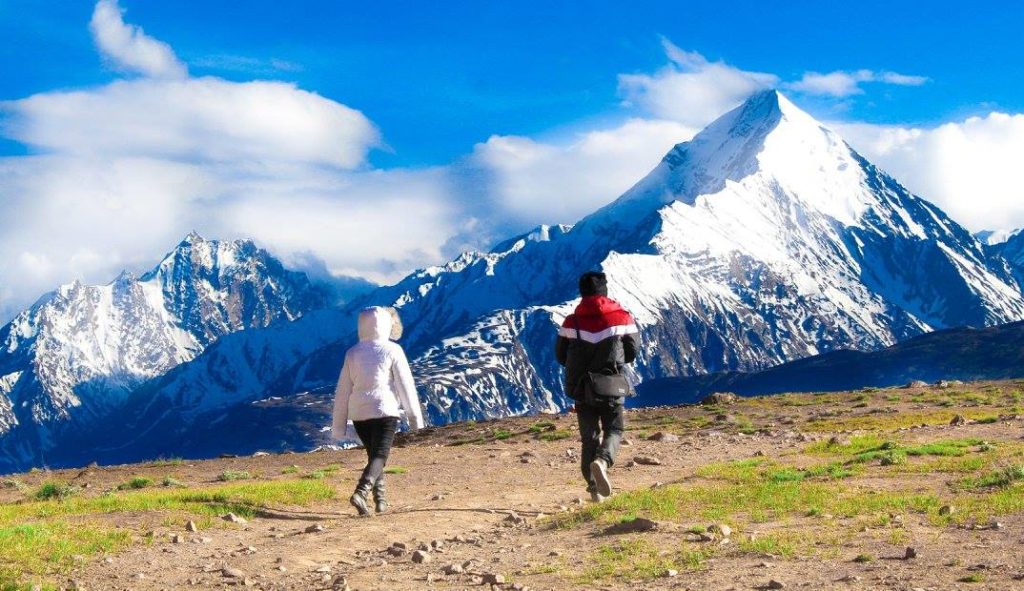
Life of A Trek Leader